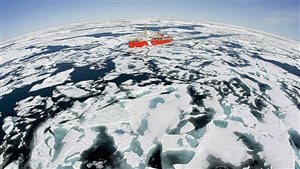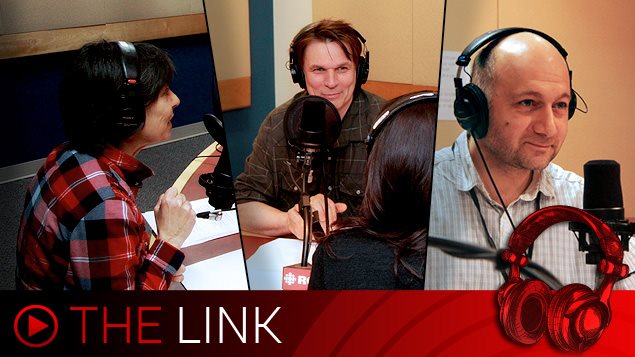Your hosts Lynn, Levon, and Marc (video of show at bottom)
Listen
Since the story, it has been confirmed the Canadian government has paid a settlement to Canadian citizen Omar Khadr.
Khadr was only 15 when severely wounded while fighting with the Taliban against US forces in which he is alleged to have killed a US soldier and wounded another.
The debate swirls around whether he was a victim of his father’s extremist Islamic views, whether he was a child soldier or eager combattant and so exempt possibly from the U.N. definition of child soldier.
He spent ten years in the US Guantanamo prison subjected to treatment which qualifies as torture, and Canada’s Supreme Court made two rulings that the Canadian government was complicit in that torture and failed in their domestic and international obligations to a citizen.
The government says the payment (amount not confirmed) was to put an end to a $20 million civil lawsuit by Khadr based on the Supreme Court and human rights issue, not on anything to do with the firefight in Afghanistan and those surrounding issues.
Marc spoke with Sharry Aiken, a professor of international law at Queen’s University Kingston.

It’s called the “Safe Third Country Agreement”. It’s a deal between Canada and the U.S. which says that a refugee claimant must make their claim in the country the land in and cannot travel from Canada to make a claim in the U.S. or vice versa.
The presumption is that both countries are safe havens for refugees and as such refugees entering from either country are turned back.
Several Canadian refugee advocacy groups are saying the U.S. is no longer a safe place for refugees and that the agreement should be scrapped. This would allow refugees to travel from the U.S to make an asylum claim in Canada.
A refugee known as “E” aided by Amnesty International Canada has started a legal action in Canada to argue that point.
Lynn spoke to Gloria Nafziger from Amnesty Canada.

Heavy fuel oil, or bunker oil, is the lowest grade of fuel and it’s inexpensive. It’s the most common form of fuel for large ships, but burning it results in high levels of black soot, sulphur, and other particulates.
Also in the cold climate of the Arctic the thick toxic fuel wouldn’t break down, would likely be trapped in the ice and nobody has figured out how to clean it up in the event of an Arctic spill.
Canada with the support of several nations submitted a report to the International Maritime Organisation asking it to institute measures to mitigate the risk of a bunker fuel spill in the far north.
On Friday, the IMO announced that Canada’s proposal has been accepted.
Levon spoke with Andrew Dumbrille, specialist in sustainable shipping with World Wildlife Fund Canada.
Posted by Radio Canada International on Friday, July 7, 2017







For reasons beyond our control, and for an undetermined period of time, our comment section is now closed. However, our social networks remain open to your contributions.